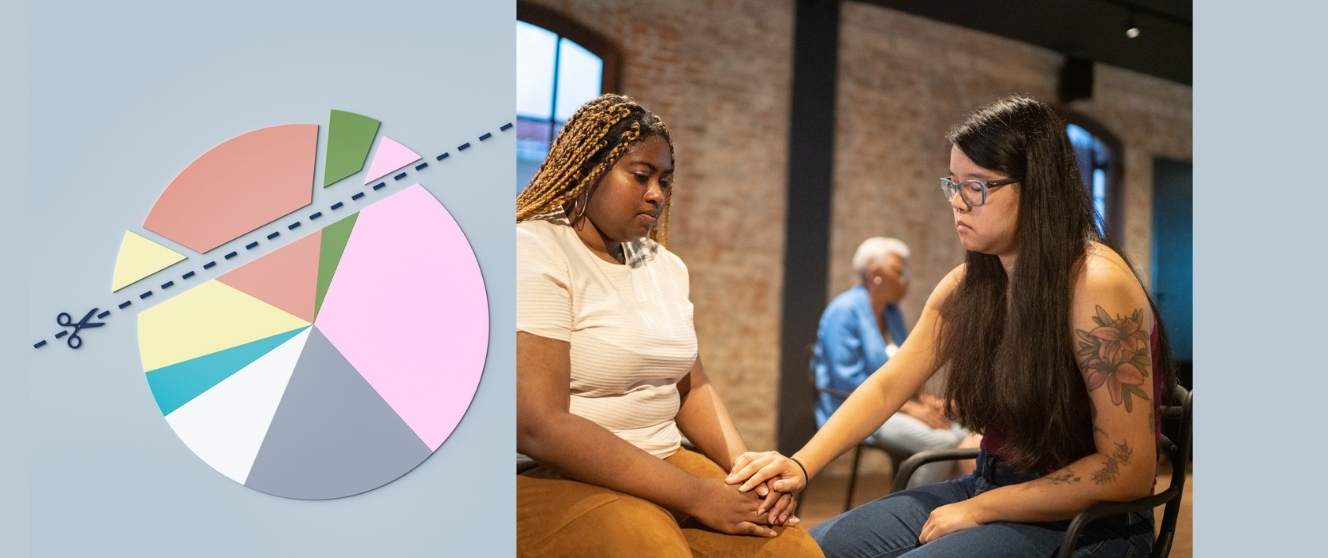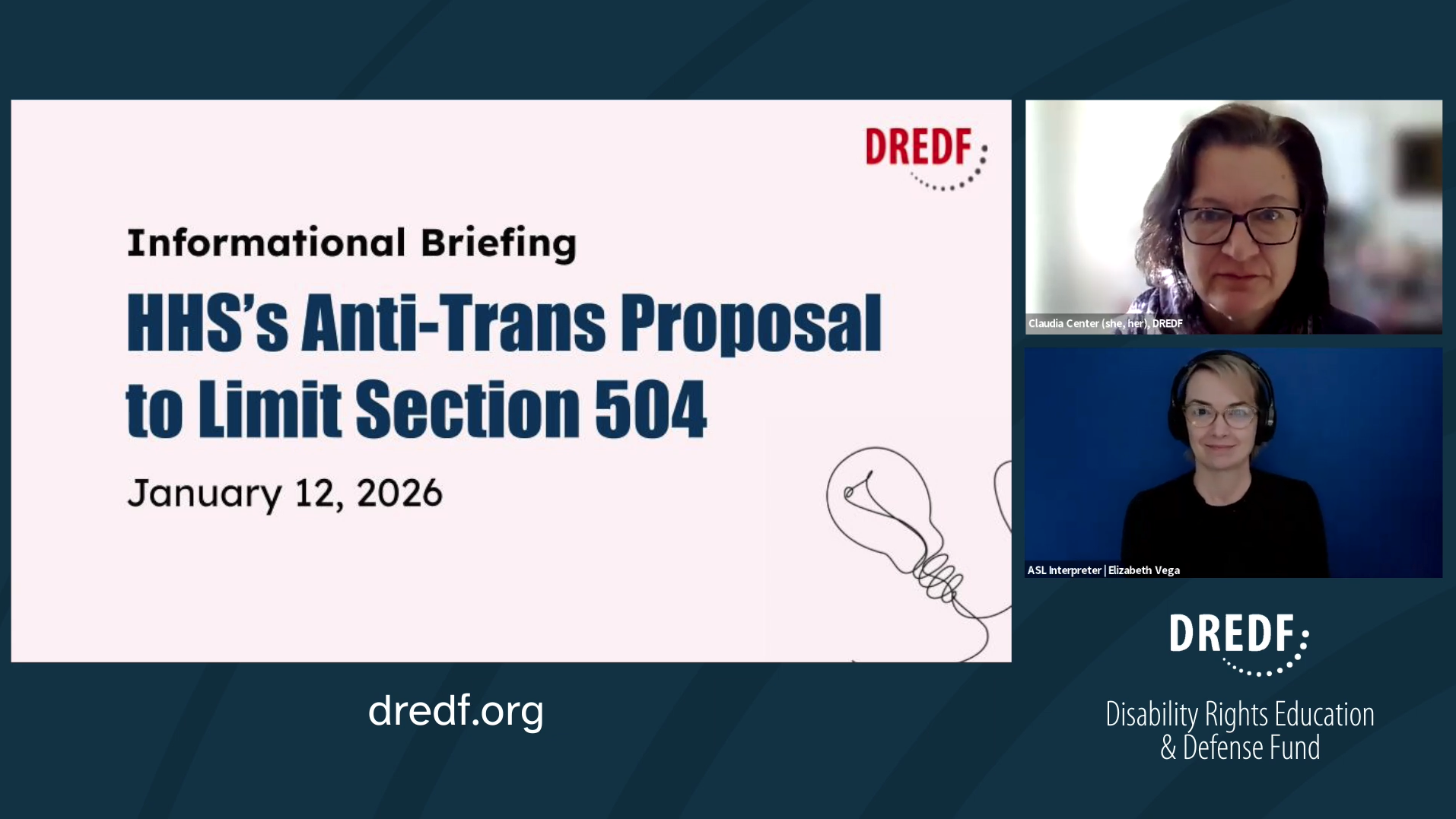
This page is being preserved for historical record and future reference, even though it may no longer be actively used or up to date.
In brief: At the end of August, the Centers for Medicare and Medicaid Services (CMS) and the HHS Office of Civil Rights (OCR) announced a “COMMITMENT TO ACTION TO RESOLVE DREDF SECTION 504 COMPLAINTS.” DREDF’s complaints were filed on behalf of clients who were Medicare beneficiaries and who were blind or visually impaired, and alleged that CMS failed to provide our clients and others who are similarly situated with effective communication needed to fully participate in Medicare. DREDF commends CMS and OCR for entering the Commitment to Action and recognizes the solid beginning made in the policy. We hope that we will be given the opportunity to work more closely with CMS and OCR to develop additional systemic solutions, Section 504 policies, and implementation practices to ensure consistent communication accessibility in Medicare, Medicaid and other CMS programs over time.
- CMS’s “Section 504 Memo” that was issued to “all Medicare Advantage Organizations, Prescription Drug Plan Sponsors, PACE Organizations, Medicare-Medicaid Plans, Section 1833 Cost Contractors and Section 1876 Cost Contractors” on September 9, 2014 regarding their effective communication obligations under federal disability civil rights laws.
To see how you can help, read on!
Under the Terms of the Commitment to Action, by September 30, 2014 CMS will establish a process for individuals with disabilities to request auxiliary aids and services relating to communications between CMS staff members and beneficiaries of any CMS programs. This process will cover all applications, notices, forms, outreach materials, web-based information, telephonic communications, and other communications. Upon receiving a request, CMS shall provide the requested auxiliary aid or service in a timely manner, giving primary consideration to the alternate format preference of the requester, such as an audio recording, on computer CDs, in Braille and large print, and read by qualified readers, among others. CMS has also committed to training its call center representatives and revising its webpages by September 30, 2014 to give notice of the right to request auxiliary aids or services at no cost and the process for doing so.
DREDF would like to hear about your experiences when requesting an alternative format from CMS, or from any contracting Medicare or Medicare-Medicaid plan. If your alternative format request is granted, we would like to hear about whether you receiving communications that you can read. We are especially interested in whether, once your request is granted, you receive all of your communications from CMS or from a contracting health plan in the alternate format of your choice, or whether you are required to repeatedly request each communication in an alternate format. Please contact Namita Gupta at DREDF, hmin@dredf.org, or 510-644-2555 if you experience any difficulty receiving CMS program notices in alternative formats or encounter any other kind of communication barrier, including experiences with inaccessible websites or forms.

